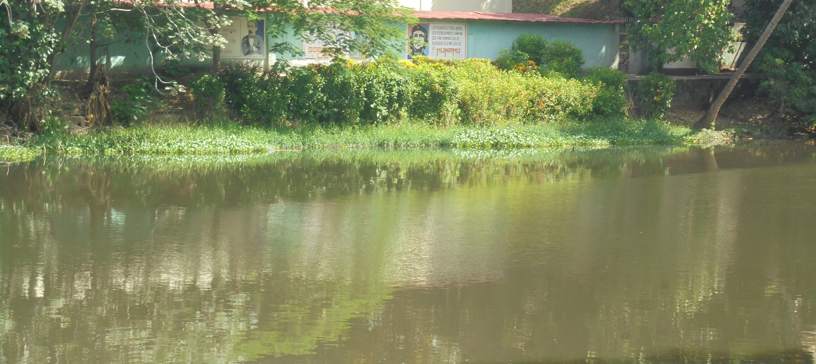Physicochemical and molecular evaluation of aquatic ecosystems preventing antimicrobial resistance epidemiology in Latin American Region; Case of Cuba

For this proposal, the approaches are chosen to identify the most critical problems related to water contamination in general, particularly in developing countries such as Cuba, where the Almendares River provide water supply to 47% of Havana’s population. The aim of this interdisciplinary project at the health-environment interface is to gain knowledge on the processes governing the release and development of resistant microorganisms into the environment and to explore risk assessment methodologies to evaluate the risks to environment and human health from the presence of antimicrobials in the aquatic environment during/post COVID 19 under tropical climatic conditions. The proposed project is very timely and highly innovative since, no studies have been performed to identify the prevalence of multidrug resistant gram-negative bacteria (MDR-GNB) in the communal and hospital wastewaters and their possible role in the dissemination of antibiotic resistance determinants to the aquatic ecosystems located in Cuba prior and during COVID-19 pandemic period. The paucity of information on these environmental compartments prevents science evidence based human health risk as well as to limit the spread of MDR-GNB into the environment. In addition, the different scenarios will be performed to assess the levels and factors that influence the concentrations and transfers of pathogens into rivers and its associated agricultural irrigation lands to prevent public health risks. In order to explore the optimum potential of agricultural resources on a sustained basis, the efficient management of water ecosystems is of supreme importance. The useful microbial candidates and a laboratory-scale instrumentation of an economically feasible methodology will be proposed for the biodegradation of antibiotics, with future use in wastewater treatment systems. Finally, one of the main preoccupations is to response if COVID-19 pandemic has an impact on environmental dissemination of AMR in Almendares River.
